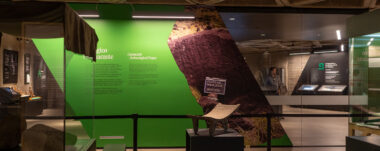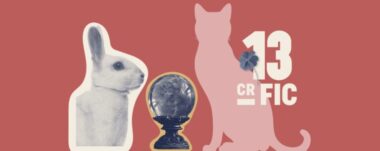Accessible Costa Rica?
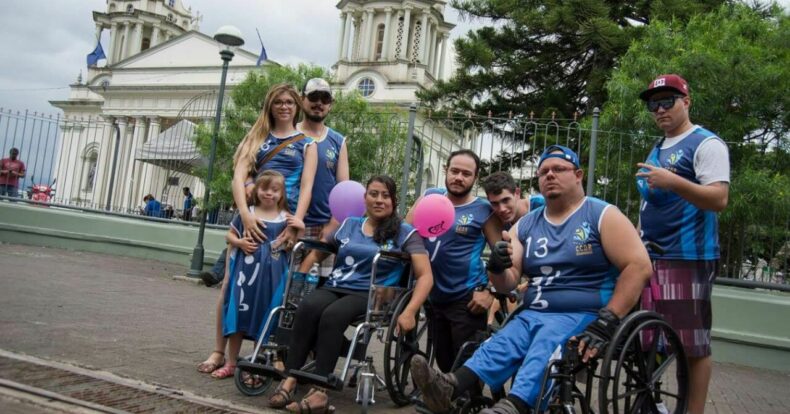
The reality of the disabled population in Costa Rica
On many occasions, we have used pejorative terms such as: “handicapped” “crippled” or using others with a celestial connotation (“Blessing” or “Angel”). Although the term is “person with disability”, we have not taken the time to analyze the reality of the disabled population in Costa Rica.
If we study the statistical data that was provided in the National Survey on Disability 2018 conducted by the National Institute of Statistics and Census (INEC) in 2018 (https://www.inec.cr/sites/default/files/documetos-biblioteca-virtual/reenadis2018.pdf) we realize that: in Costa Rica 18.2% of the population over 18 years of age has some condition of disability, that is, more than 670 640 people live with a disability in our country.
Another very important fact is that disability has a female face, 60.9% (408,420 people) are women, while 39.1% are men. In fact, many women live in conditions of gender discrimination, it is also influencial if they live in the capital, if they are of African descent. In addition, because of disability, they suffer a lot of violence in our country.
If we talk about the proportion of the territory, the Huetar Caribe region has the lowest percentage (14.0%) of people with disabilities, then the Huetar Norte region with 16.2%, the Central region (17.7%), then the Chorotega region with 21.6%, Brunca with 22.5% and the Central Pacific region with 24%, that is, approximately 1 in 4 people over 18 years of age. We have to take into consideration that this was a statistic of 4 years ago, therefore it is a fact that this number has been increasing, even more so during the pandemic, where many people have acquired some condition of disability.
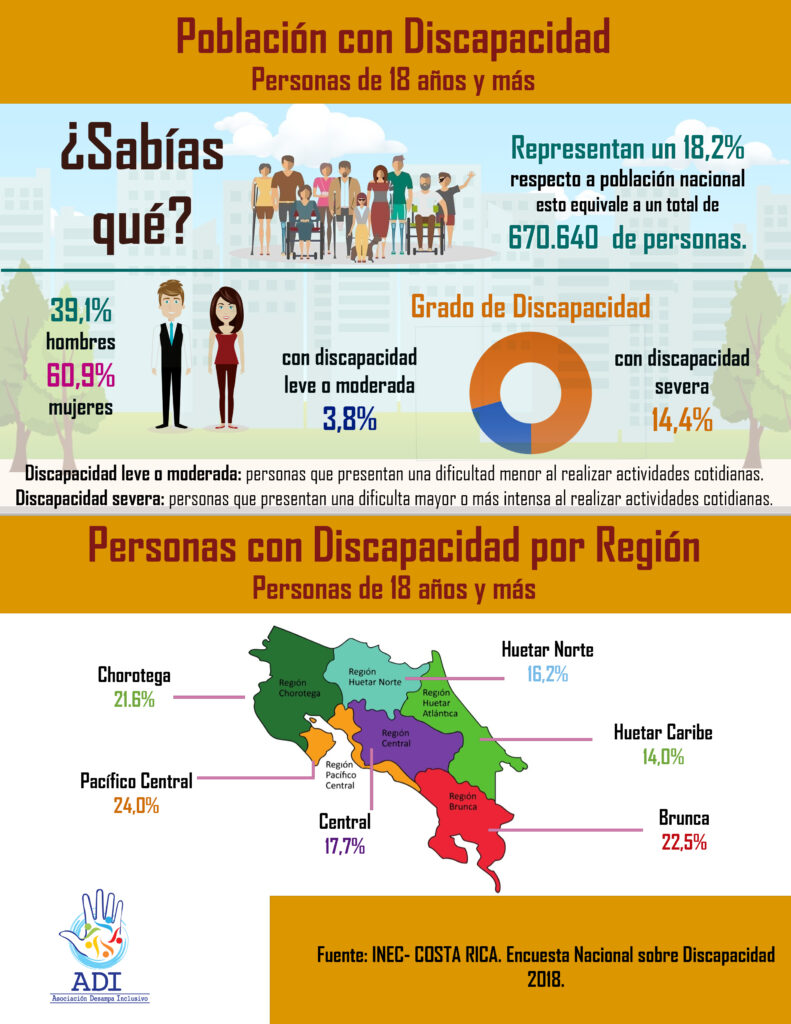
Disability and unemployment in Costa Rica
The data reaffirm the importance that we must give to the issue of disability. We are called to build a society that is increasingly accessible and inclusive for the disabled population, since the national reality refelcts that the unemployment rate is around 72%. Indeed, poverty goes hand in hand with disability because of the scarcity of opportunities. Without work, people with disabilities cannot access a better quality of life.
We often come to presume that we are under an “inclusive” educational system. However access to education for the disabled population is insufficient: in educational centers, infrastructure becomes an impediment, but the most difficult thing to break down is the attitudinal barrier. In addition, the diversified education system leads the population to graduate from high school with a degree that cannot even be validated, leaving people with disabilities without access to technical careers of the INA (National Learning Institute), or to higher education, which increases unemployment rates. Consequently, many people with disabilities and their families opt for pensions where the welfare model is encouraged.
Costa Rican legislation on disability issues.
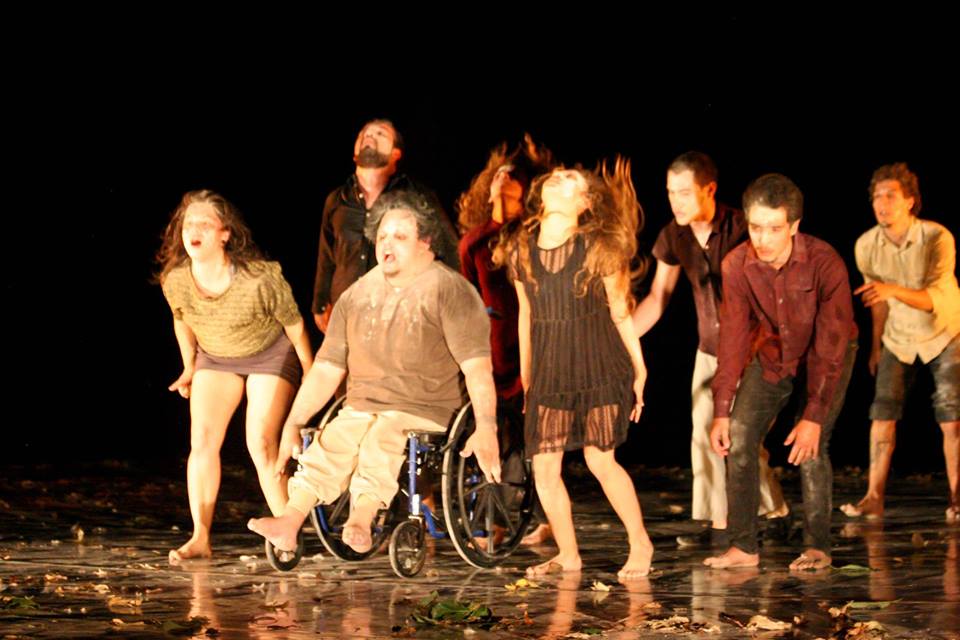
Amongst the most recognized laws is Law 7600 Law on Equal Opportunities for People with Disabilities, published in La Gaceta No. 102 of May 29, 1996 (https://www.tse.go.cr/pdf/normativa/leyigualdaddeoportunidades.pdf), Law No. 8661, the Convention on the Rights of People with Disabilities, as provided by the United Nations in 2007 (http://www.pgrweb.go. cr/scij/Busqueda/Normativa/Normas/nrm_texto_completo.aspx? param1=NRTC&nValor1=1&nValor2=64038&nValor3=74042&strTipM=TC), and others that are not so well known such as Law No. 9822 “Recognition and Promotion of the Costa Rican Sign Language (Lesco)”, as cultural and linguistic heritage of the hearing impaired community and Law No. 9379 Law for the Promotion of Personal Autonomy of Persons with Disabilities. The question is: Is everything stipulated in these laws really complied with, or is it all just written down on paper?
The reality is that there is a great debt on the part of state institutions where these laws are not complied with without being fined for non-compliance.
Despite the great progress that has been made in the area of tourism, so that there are many more accessible Costa Rican spaces: beaches, mountains, spas, even national parks, we find that there are many more places with universal accessibility that are of great interest to the general population, and that could also attract tourists with disabilities, both domestic and foreign.
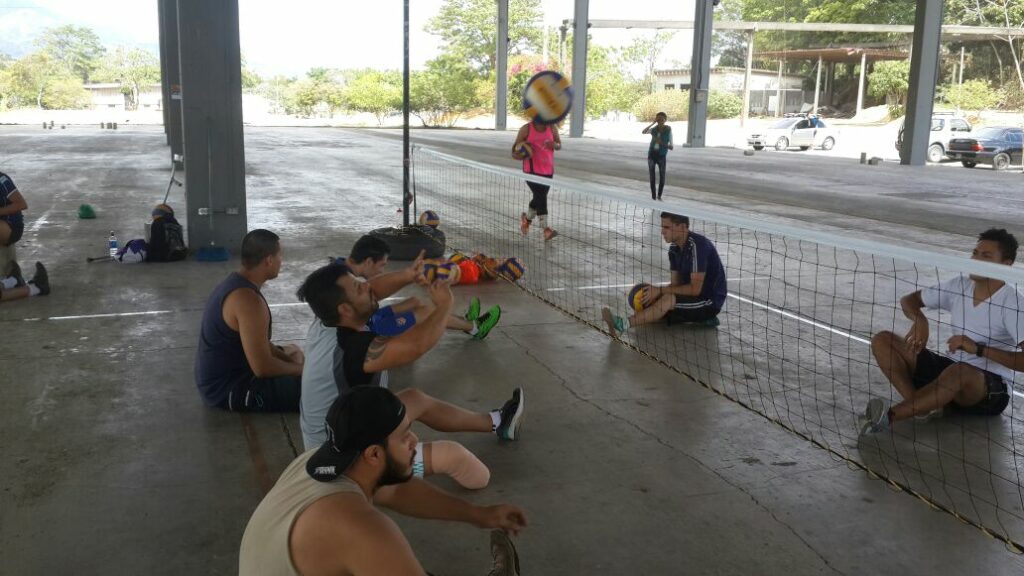
We need more access to sports, culture and recreation.
In the area of sports, thanks to the achievements of different para-sportsmen (among them, the para-athlete Sherman Guity, the adapted surfing team or the amputee soccer team), the great need for a high performance center for athletes with disabilities is already being felt, in addition to thinking about the development of other sports disciplines: Quad-Rugby, handball, swimming for the hearing impaired population, para-bowling, etc.
In the cultural sector, we definitely have to look at the professionalization of people with disabilities in this field, not only to see the population as a spectator, but as a participant. We can see an exemple of this with the inclusive contemporary dance group “Ya! Danza”, dancers with or without disabilities who have already represented Costa Rica in festivals, seminars, and contemporary dance activities in Argentina, Brazil and Spain. However the lack of rehearsal spaces along with the lack of training has made progress slow, and it is urgent that these artistic groups can have a theater or cultural center with universal accessibility.
Organizations of people with disabilities play an extremely important role in the construction of a truly inclusive and accessible society, but we feel that they have not been given the value they deserve. The field work that each organization in our country carries out is admirable and we could think that they could be great allies within local governments to promote cantonal policies on disability issues, and that organizations of persons with disabilities could at some point take on the role of overseers.
Definitely one of the great mistakes that historically has been made by public institutions regarding disability issues, is the lack of consultation with the population with disabilities about their opinion on such projects, programs, policies, laws, etc.. This leads to a great loss of economic and logistical resources. This point is essential as shown in Chapter 4 of the Convention on the Rights of Persons with Disabilities of Law 8661. Consultation is vital to promote the inclusive development of a nation.
What do we need to achieve an equitable and inclusive Costa Rica for the disabled population?
There are many proposals that can be worked on in order to achieve the ambitions of the National Policy on Disability PONADIS (https://www.presidencia.go.cr/comunicados/tag/ponadis/) which indicates that by 2030 Costa Rica should be known worldwide as a leader in inclusion for people with disabilities. Amongst these proposals we can talk about the promotion of public policies, development centers, strengthening of organizations for people with disabilities, and others. But it is vital to have the political will to carry out all this work plan and with the support of people who are in decision-making positions.
The participation of the population with disabilities in spaces such as education boards, health boards, municipal advisors, emergency committees, associations and cooperatives would allow the construction of a culture that is truly inclusive and equitable for the population with disabilities.
Finally, if we could apply the motto of the independent living movement “Nothing about us without us”, (For more information about the independent living movement http://forovidaindependiente.org/filosofia-de-vida-independiente/) we urge to promote accessible spaces, development opportunities, as a society and commit ourselves to be agents of inclusive change; as indicated in the 2030 agenda of the Sustainable Development Goals of the United Nations “No one left behind”, for this 2022 let us raise the flag of inclusion and fight for equity for all people with disabilities in Costa Rica.
Luis Flores Jimenez
Desampa Inclusivo Association
[email protected]
+506 83691359
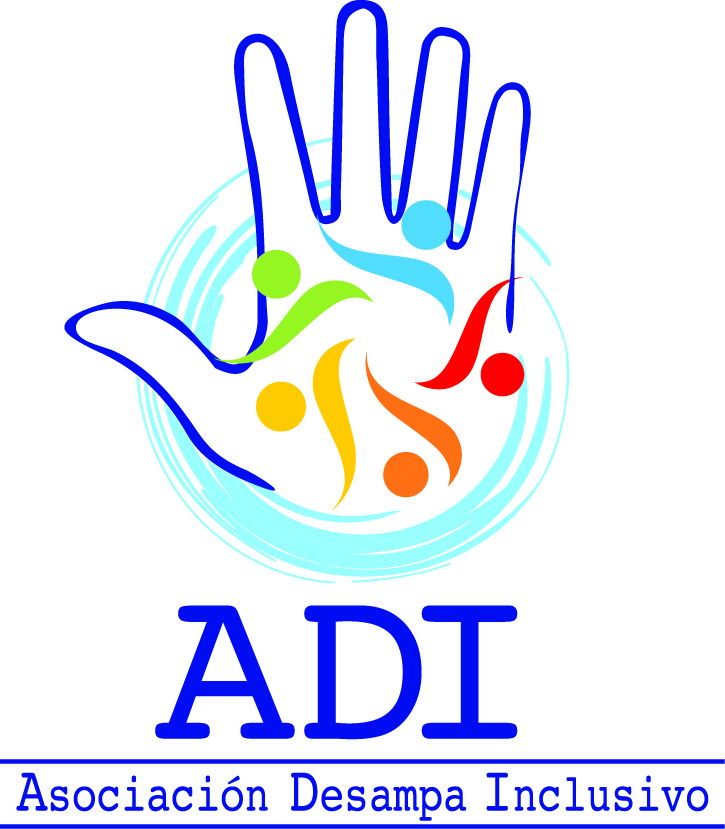
Navigate articles




